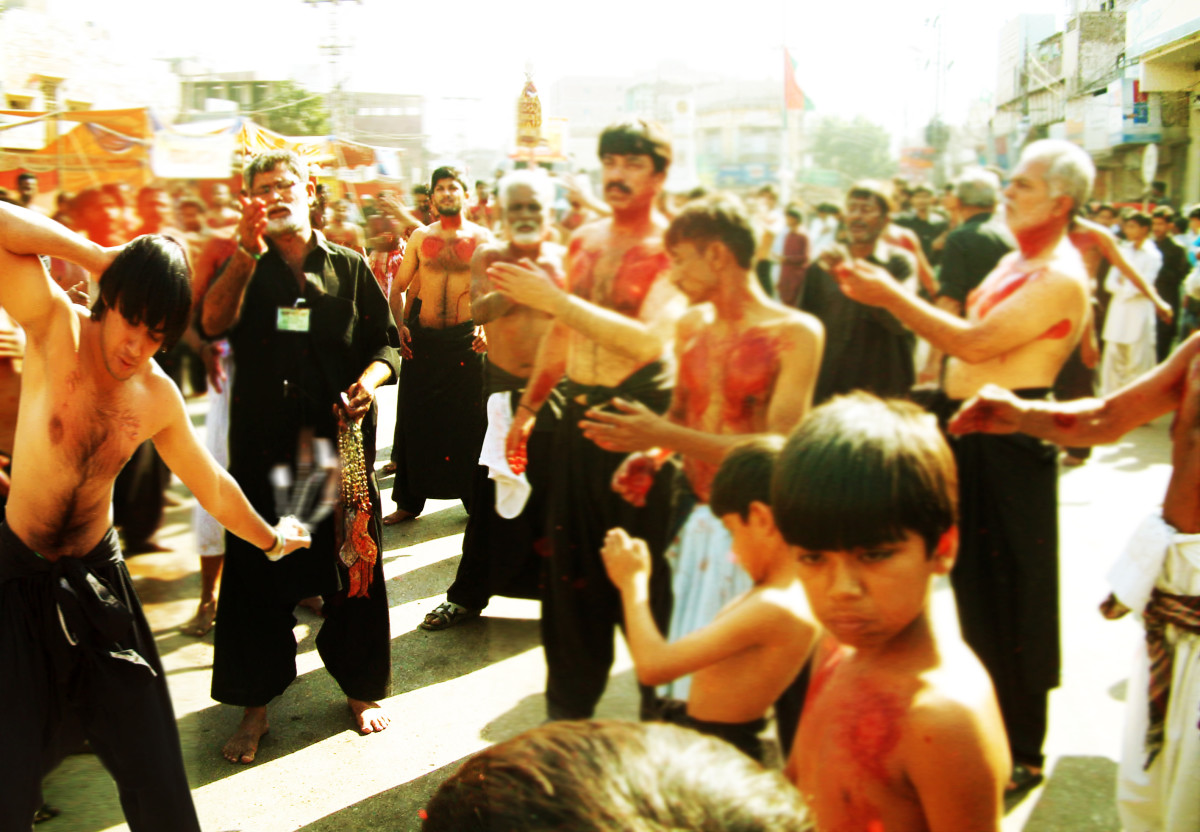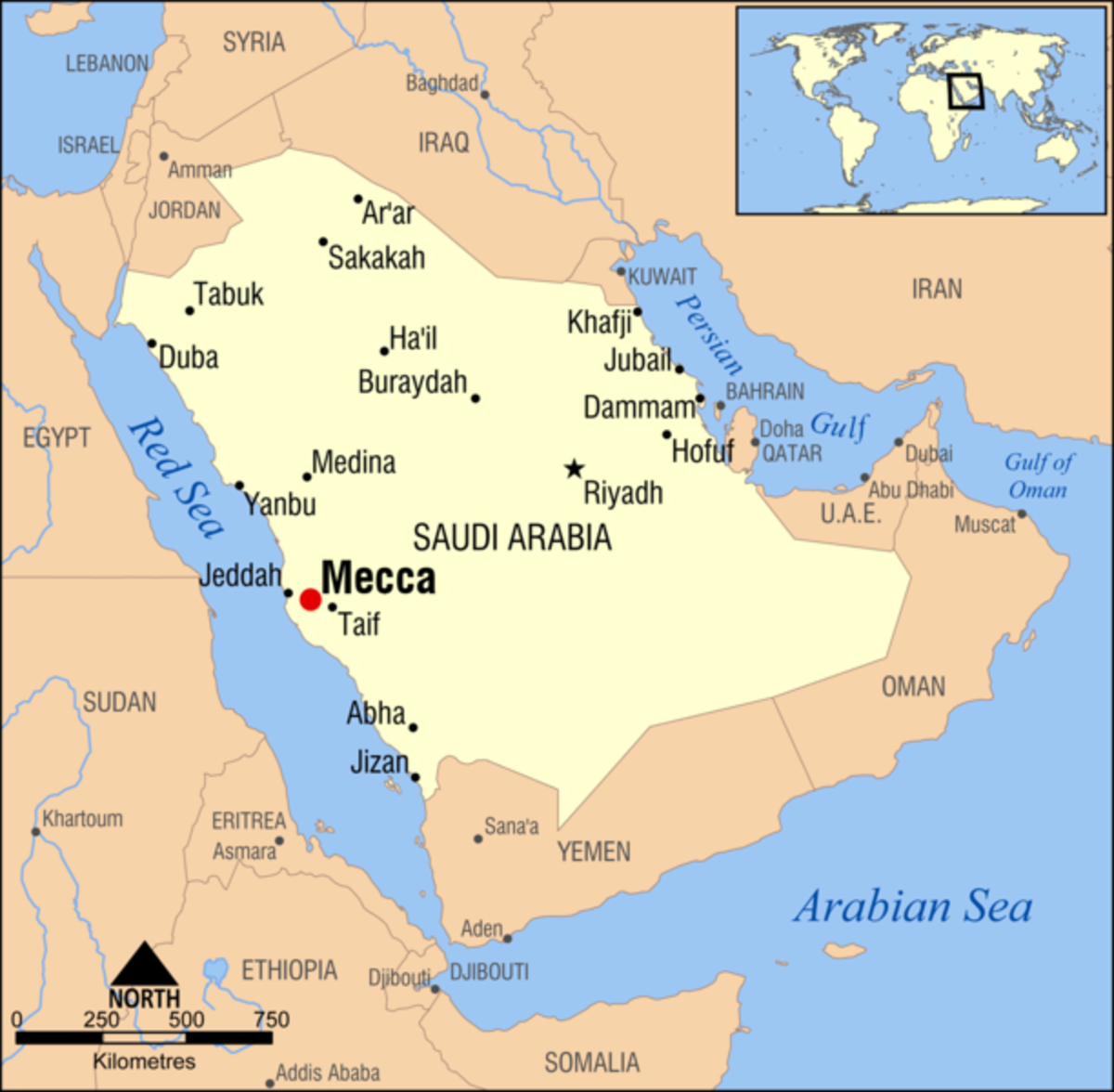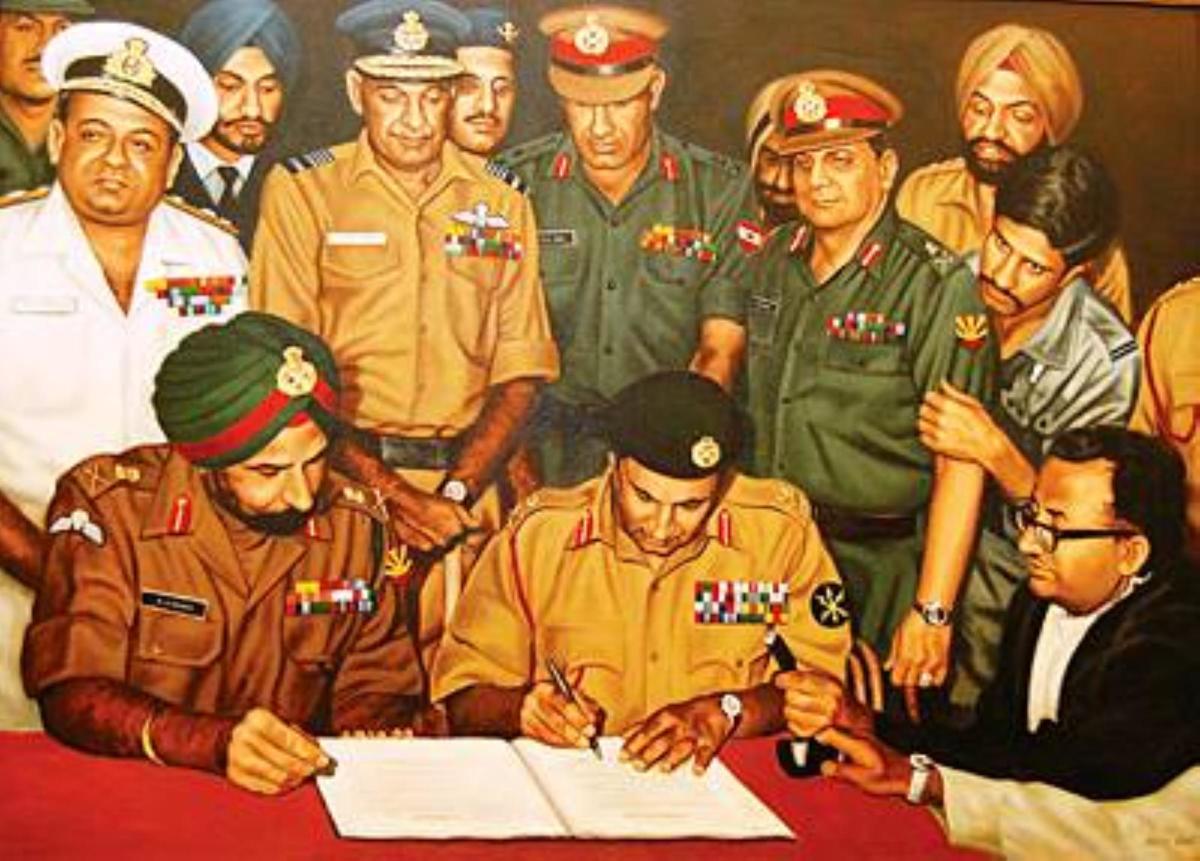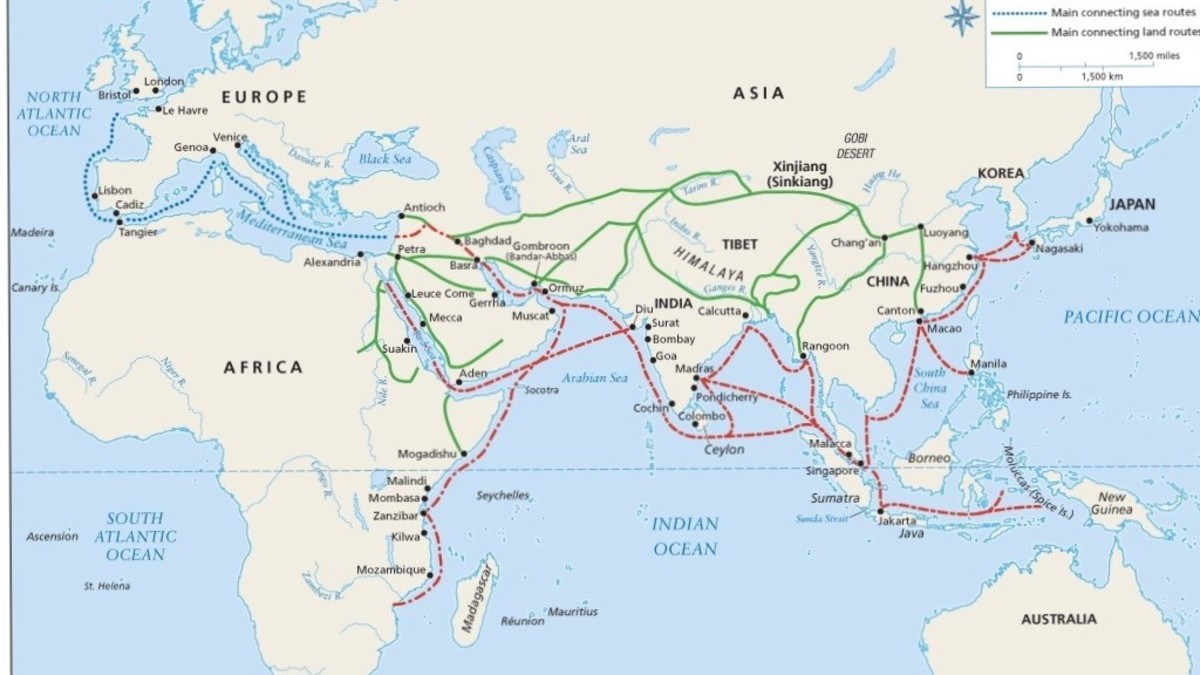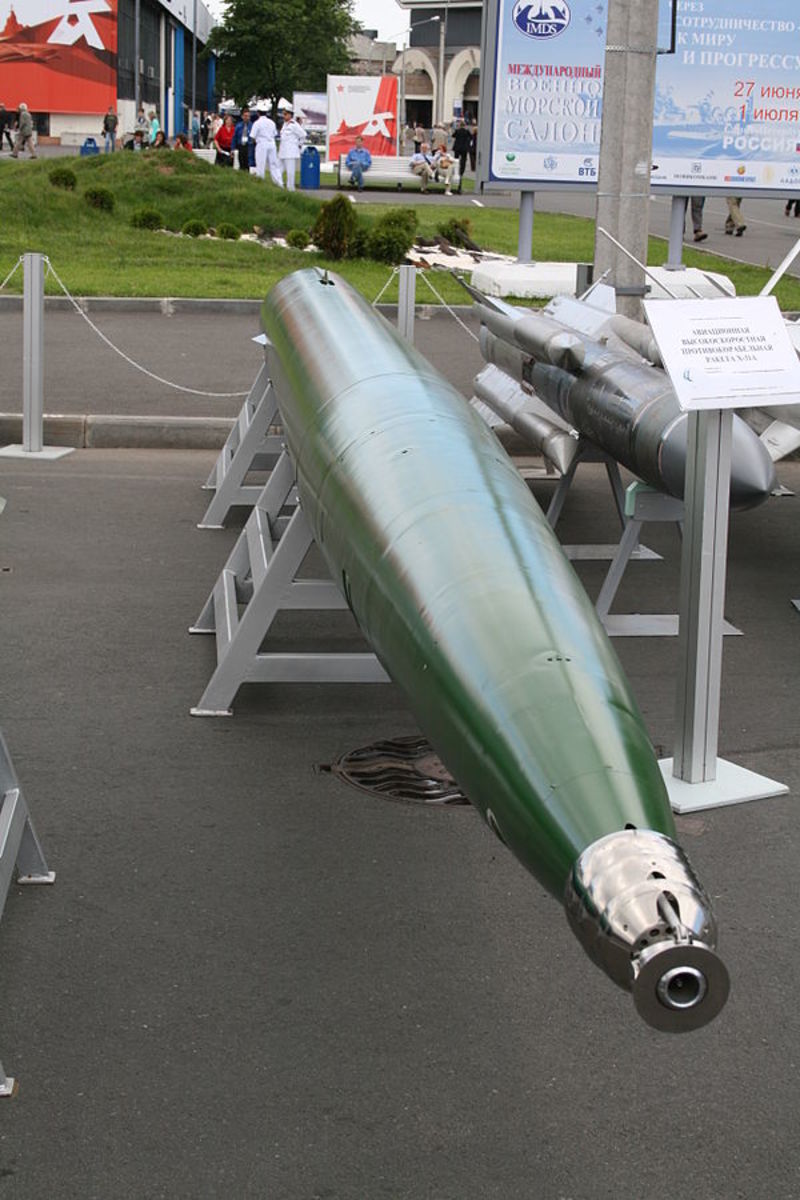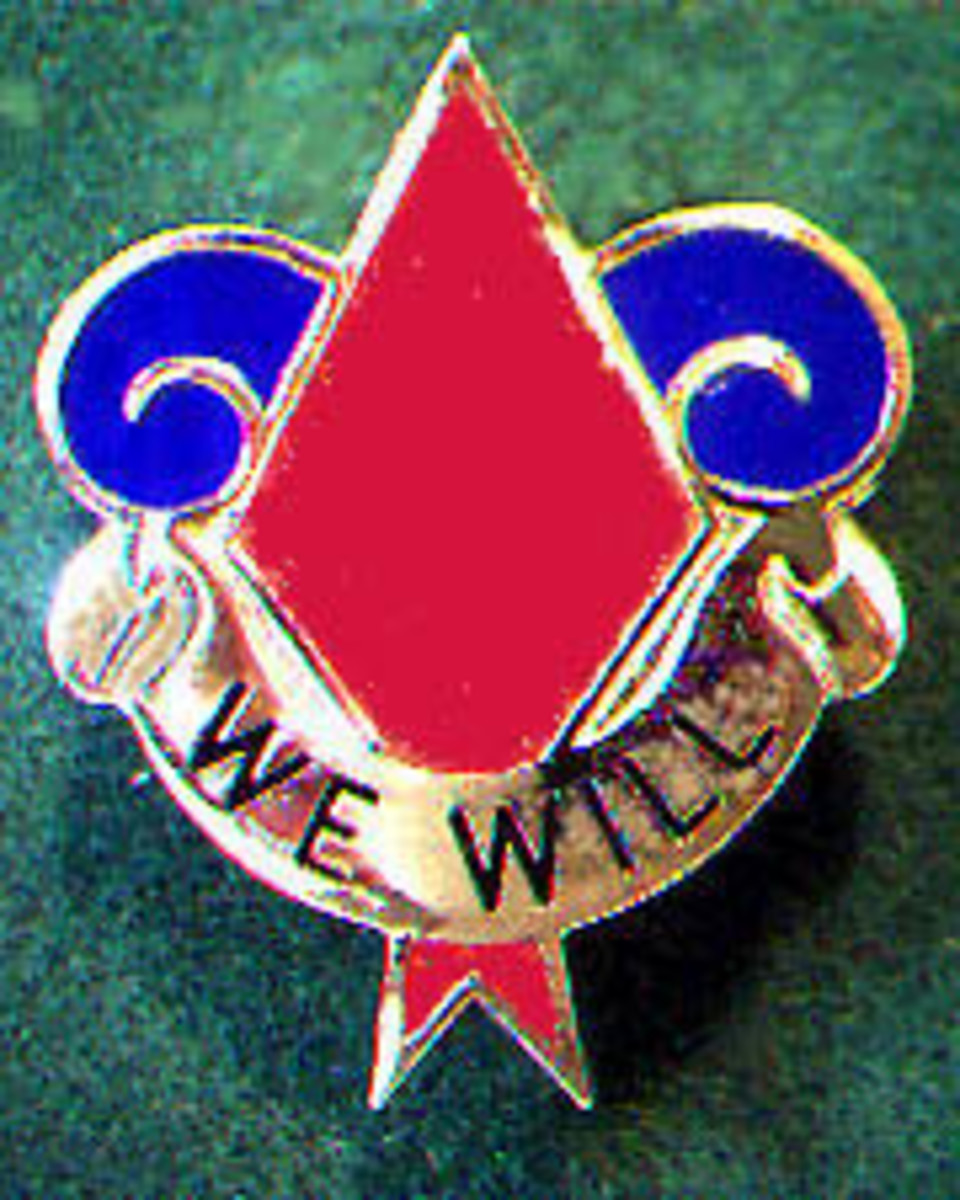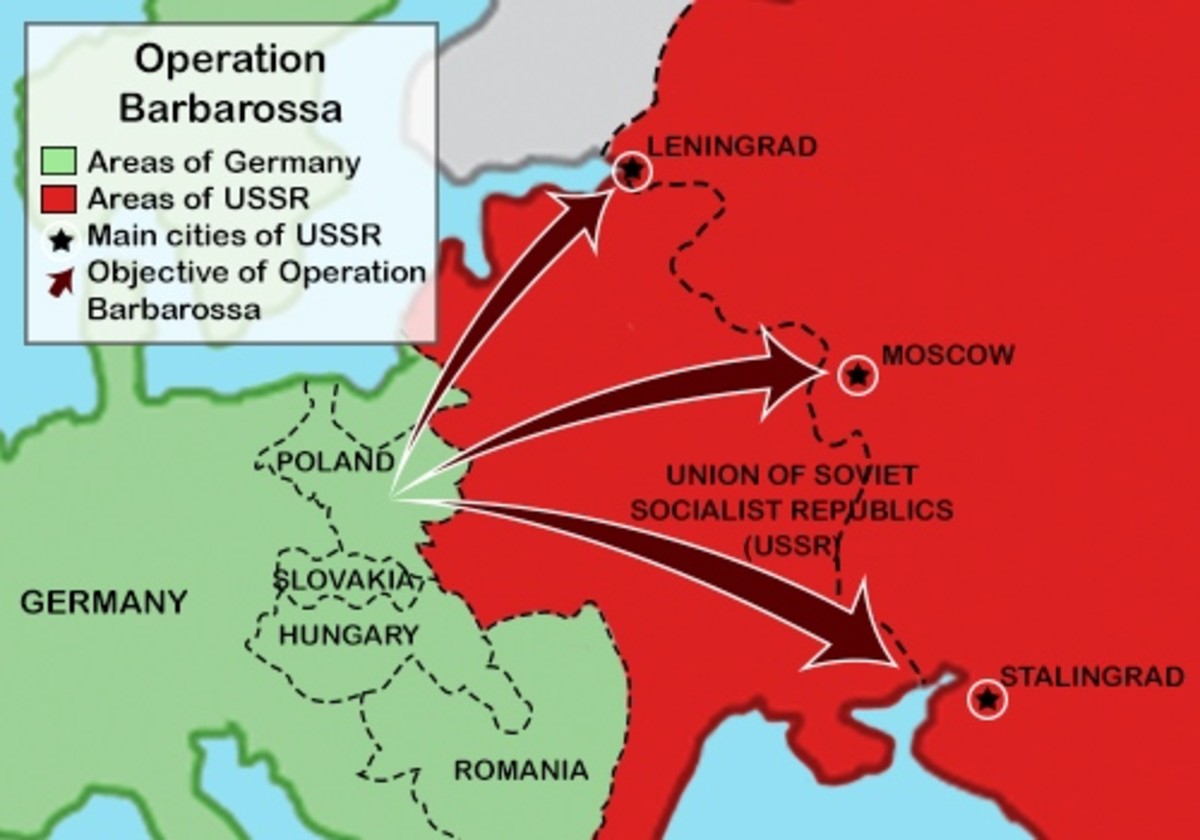The Story of the Battle of Badr - the Early Days of Islam
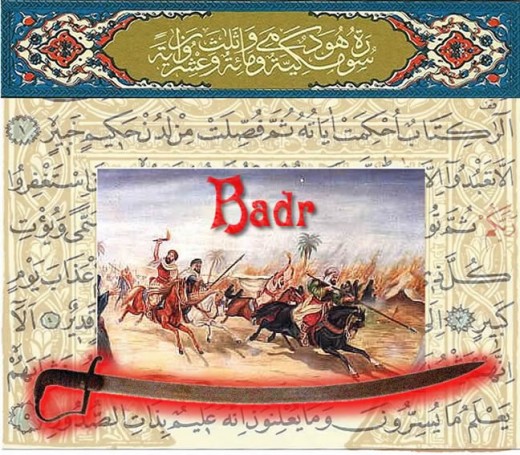
The famous battle of Badr, fought in March 624, in what is now Saudi Arabia, was the first battle won by Muhammad. 300 Muslims fought against an overwhelming 1000 Meccans. Muhammad gained a far greater following because of his leadership in this battle. Some say he won against such astonishing odds because of his strategic ability. Others say he won due to divine intervention. Badr is one of the few battles to be mentioned in the Islamic Holy Book, the Koran, and was a cornerstone of his success. Badr was the first step in the hugely successful Islamic expansion.
Battle Books

Map of Arabian Peninsula
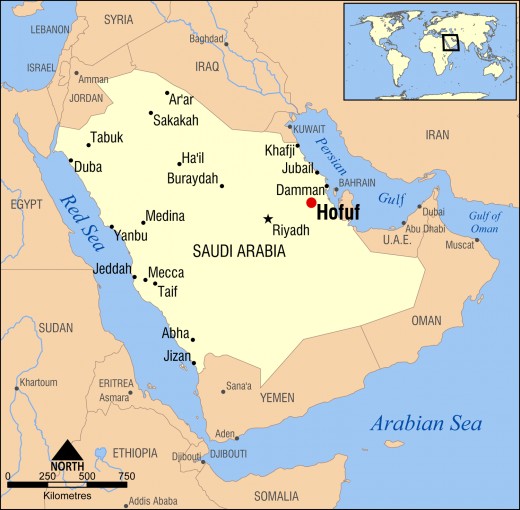
Islam's First Success
Badr is regarded as the most momentous of Muhammad's battles. It was Badr that established Muhammad as a serious force on the Arabian peninsula and severely diminished Meccan authority.
Before Muslim expansion, the area was populated by Bedouin farming and trading communities. There were several wealthy trading hubs (oases) in the desert. The people were mixed in their religious affiliations. They were Jews, Christians and Zoroastrians among other faiths. As history shows, Muhammad's message was to change that. The Battle of Badr was one of the first steps on his journey.
Muhammad was born in Mecca in circa 570 CE. The wealthy traders of the town did not appreciate his philosophies and the result was conflict. Muhammad and his adherents were expelled from Mecca in 622. Muhammad based himself at nearby Medina. There Muhammad co-opted further tribes and gained more followers. Conflict continued with minor entanglements and skirmishes between the Meccans and the Muslims.
In early 624, Mohammed learned of a rich caravan of about 1000 camels carrying a large and valuable cargo. The Meccans had taken the goods left behind by the followers of Muhammad to fund the caravan. Apparently this act was done to taunt the Muslims.
Mohammed sent an army of 300 or so men to ambush this rich caravan at Badr, 155 kilometres southwest of Medina. The caravan leader, Abu Sufyan bin Harb, learned of the Muslims' plans and sent for reinforcements. An army of 1000 men arrived to protect the caravan. When the Muslims learned what they were up against they had a war council and all pledged to fight even though they were not obliged to do so. The battle was a success with only 14 Muslims killed and at least 50 Meccans killed and 40 or more captured. The victory immediately turned Muhammad into an important leader.
Battle of Badr
Tactics and Significance
Muhammad got to the Badr oasis first and filled in the wells so the Meccans could get no water. When the Meccans reached Badr they were surprised to find that Mohammad's army was in position waiting for them. The battle started on 15 March 624 with shouts, jeers, and champions issuing challenges. Several duels were fought with the Muslims losing only one. After arrow fire, Muhammad gave the order to charge and threw a handful of pebbles at the Meccans, blinding them. The Muslims routed the Meccans, winning a battle where they were outnumbered three to one.
This battle was really little more than a minor skirmish. However it was the sign of things to come. It was in fact the start of Islamic expansion. Soon after this the Muslims took Mecca and then increased territory within the Arabian peninsula. Within 120 years the Muslims would have all of the Arabian Peninsula and parts of Spain under their control - the beginning of an empire.
Turkish Art from 1388 depicting Badr
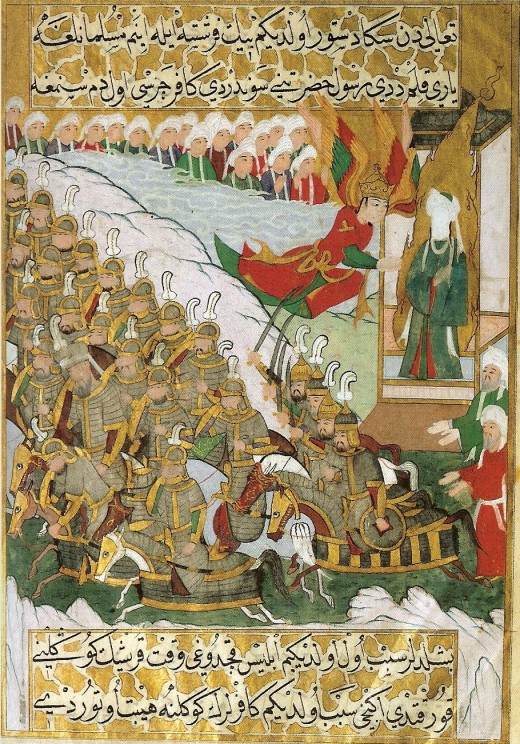
The Names of the Badr Martyrs
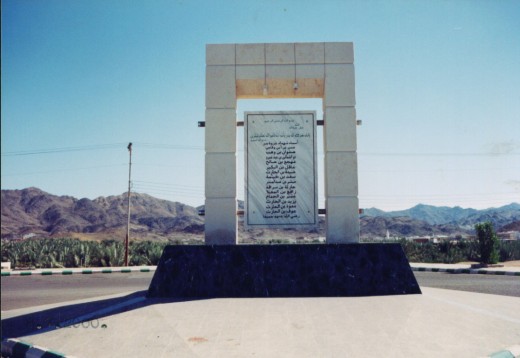
Life of Muhammad

Sources
- The Book of War, D.W. Zimmerman, 2008, Tess Press, London.
- jewishvirtuallibrary.org
- about.com - asian history

